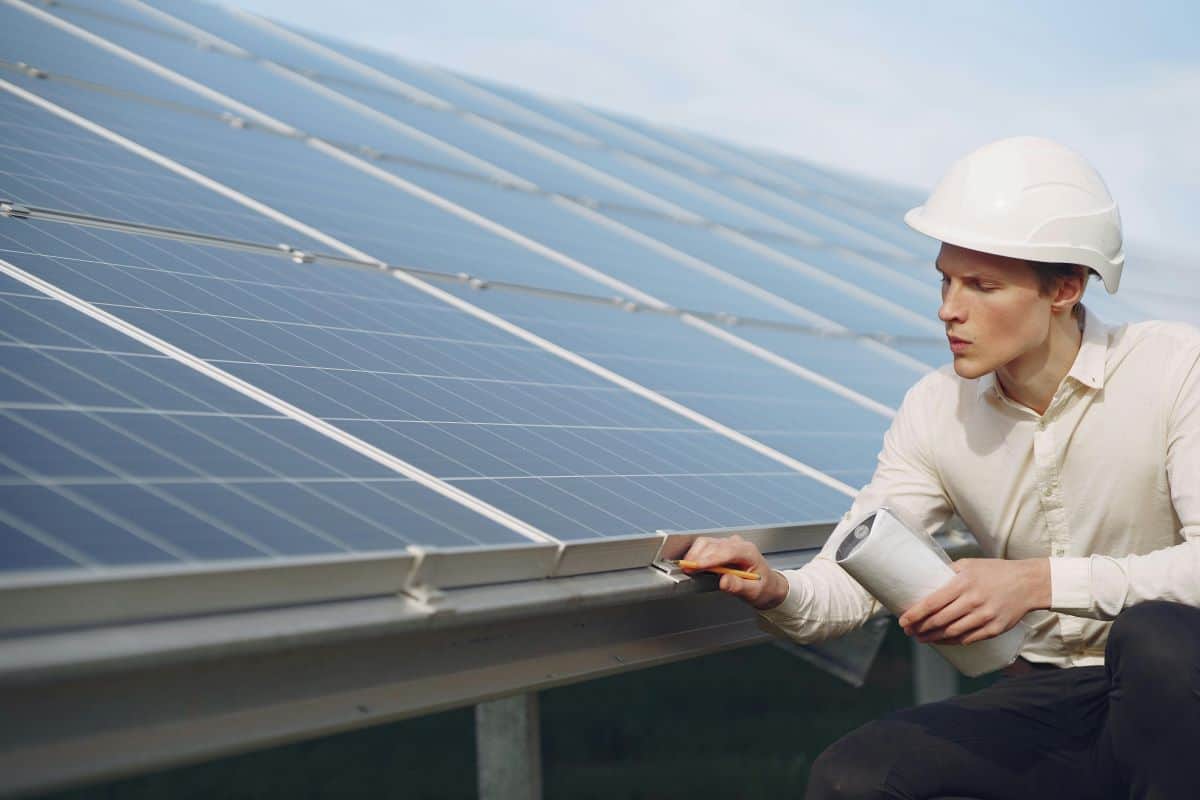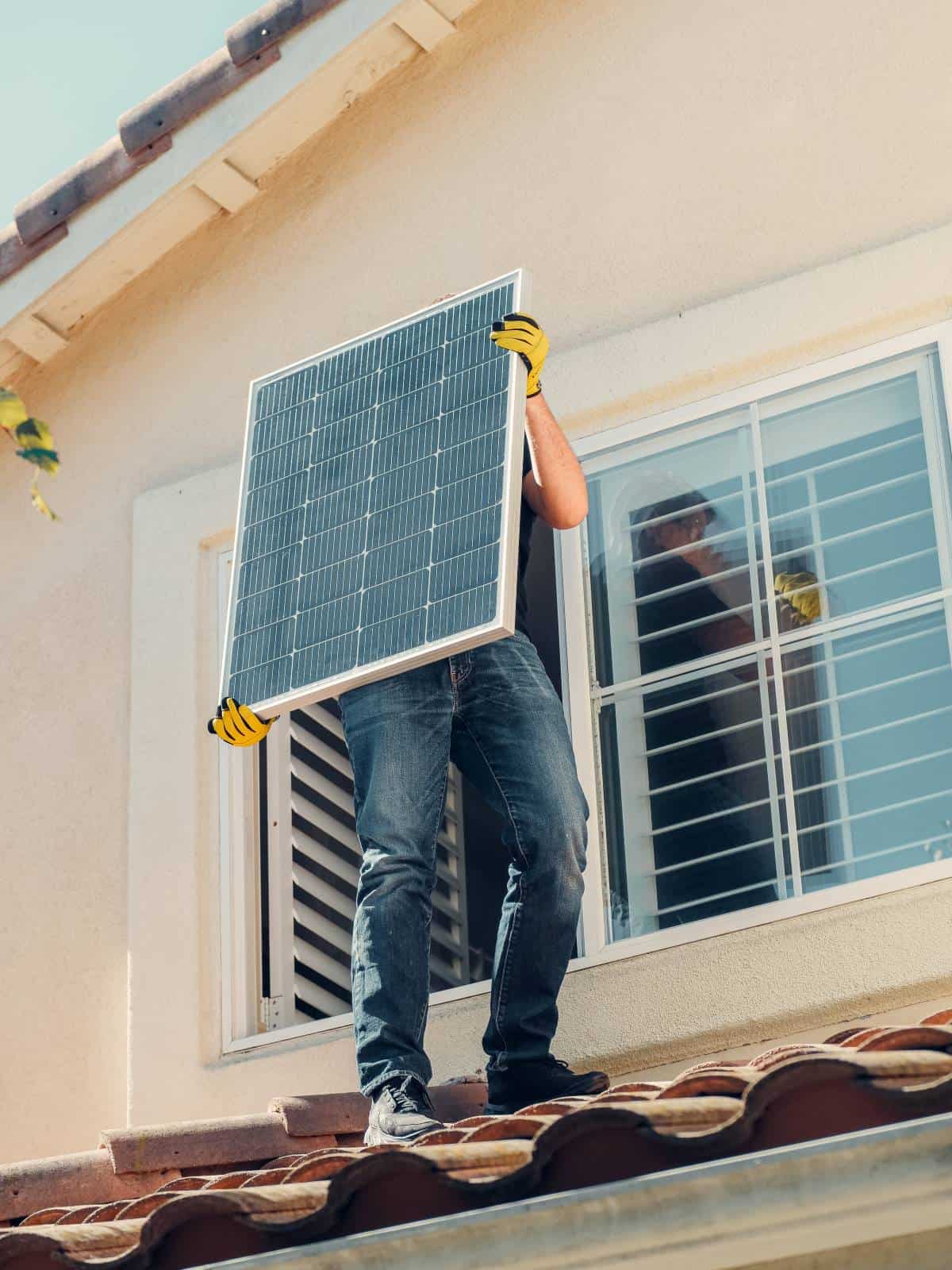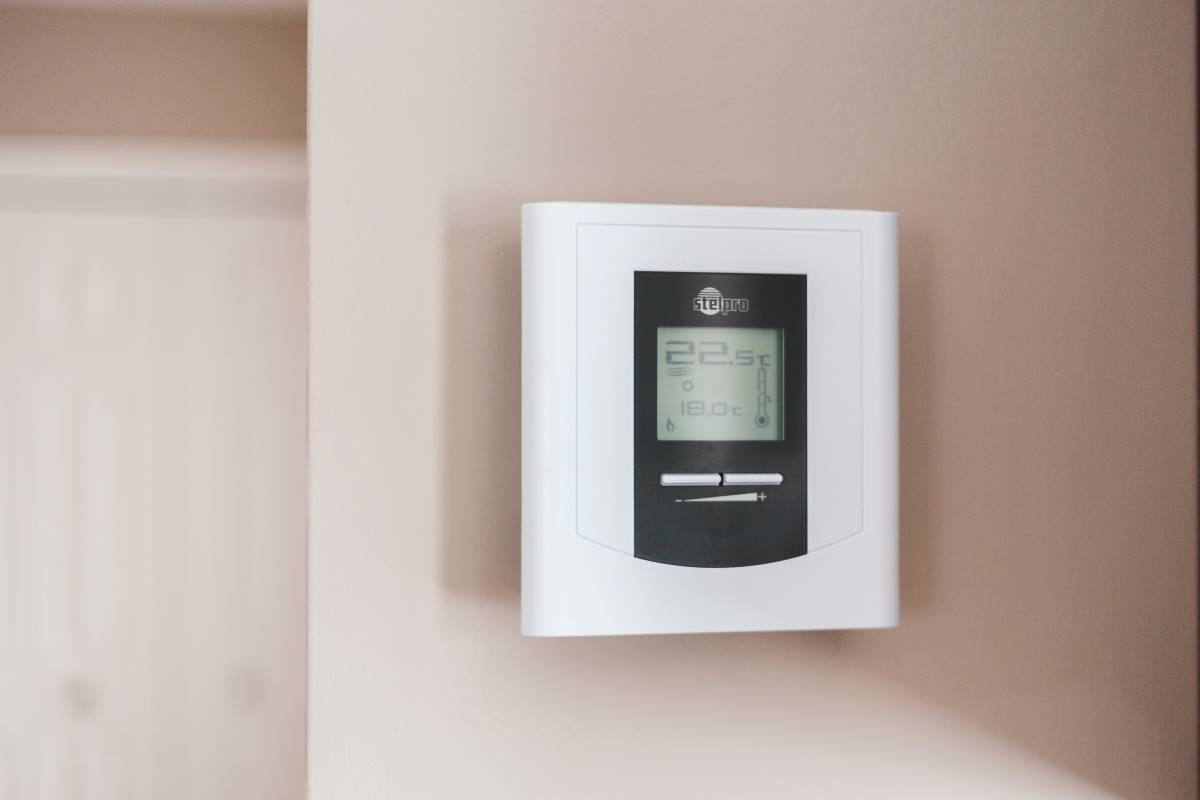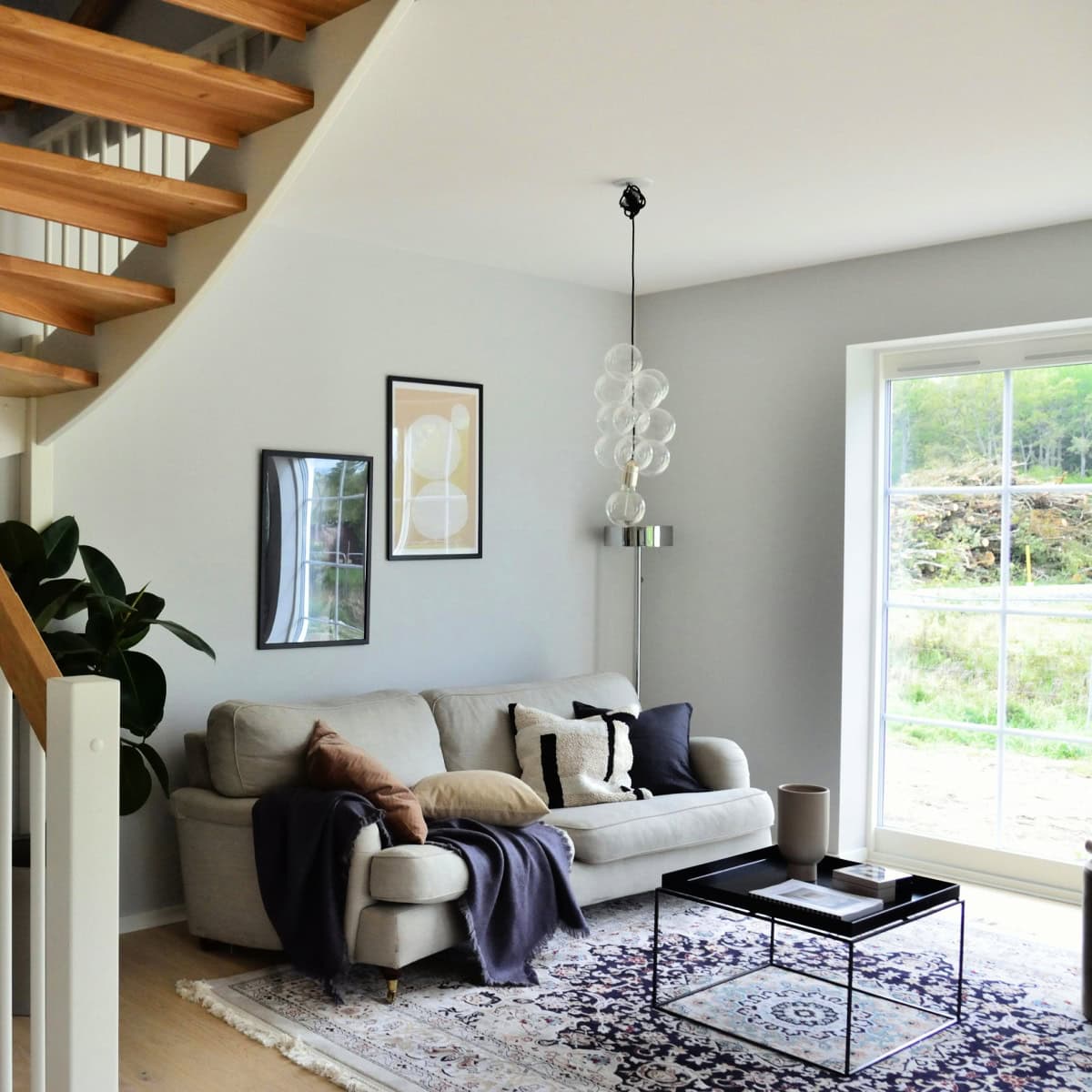In an era where environmental concerns are more pressing than ever, homeowners increasingly seek ways to align their lifestyles with eco-friendly practices. The concept of 'green living' isn't just a trend; it's a necessary shift in how we interact with our environment.
Eco-friendly home upgrades represent a significant step in the journey toward sustainability. By adopting such upgrades, we contribute to our planet's health and enhance our quality of life through healthier living spaces and potentially lower utility costs.

Harnessing Solar Energy
One of the most accessible ways to start is by exploring renewable energy options like solar power. Companies like Sungain Solar are at the forefront of making this technology more accessible to homeowners.
By integrating solar panels into your home, you're reducing your carbon footprint and setting a precedent in your community for sustainable living.
Unleashing the Power of the Sun: Solar Panels
Solar energy is a cornerstone of eco-friendly home upgrades. Solar panels convert sunlight into electricity, providing a clean, renewable energy source for your home. This reduces dependence on fossil fuels and cuts down on greenhouse gas emissions.
Implementing solar panels, like those offered by Sungain Solar, can be a game-changer in reducing your home's environmental impact while saving on energy costs in the long run.

Green Insulation: A Warmer, More Efficient Home
Insulation is often overlooked, yet it's vital for an energy-efficient home. Traditional insulation materials can be harmful to the environment. However, there are green alternatives like sheep's wool, recycled denim, or cellulose that are both effective and sustainable.
Upgrading to green insulation keeps your home warm and ensures that you're not contributing to environmental degradation.
Water Conservation Techniques
Smart Water Management: Fixtures and Harvesting
Water is a precious resource, and conserving it is crucial for sustainable living. Eco-friendly upgrades like low-flow toilets, showerheads, and faucets can significantly reduce water usage.
Rainwater harvesting systems offer another level of sustainability by collecting rainwater for non-potable uses like watering gardens or flushing toilets. These systems not only help in conserving water but also reduce your water bill.
Landscaping with a Purpose: Drought-Resistant Gardens
Creating a drought-resistant garden is another effective way to embrace eco-friendly living. Opting for native plants that require less water and maintenance can transform your garden into a sustainable oasis.
These gardens conserve water and provide habitat for local wildlife, promoting biodiversity in your area.
Energy Efficiency Beyond Solar
LED Lighting: Brightening Your Home Sustainably
Switching to LED lighting is a simple yet impactful eco-friendly home upgrade. LEDs are more energy-efficient than traditional bulbs, consume less electricity, and last longer. This not only reduces energy consumption but also cuts down on waste and frequent replacements.

Smart Home Automation: Intelligent Energy Management
Smart home technologies extend beyond just programmable thermostats and automated lighting systems; they encompass a wide range of devices all designed to streamline home management and promote energy efficiency.
Intelligent sensors can detect occupancy in a room, adjusting lighting and temperature accordingly, ensuring that energy is not wasted in unoccupied spaces.
Smart appliances, such as refrigerators, washing machines, and dishwashers, can be set to operate during off-peak hours, taking advantage of lower energy rates and reducing strain on the power grid.

Furthermore, these smart systems often come with user-friendly apps that give homeowners real-time data and control over their home’s energy consumption. This level of monitoring means you can make informed decisions about your energy usage, identifying areas where you can cut back and save.
For instance, you might notice that certain rooms are regularly overheated or overcooled, allowing you to adjust settings for optimal comfort and efficiency.
Another significant aspect of smart home technology is its ability to integrate with renewable energy systems like solar panels. Smart systems can efficiently allocate and use the stored solar energy for homes equipped with solar power, ensuring that the household's carbon footprint is minimized.
This integration not only promotes a greener lifestyle but also maximizes the return on investment in renewable energy systems.
Embracing eco-friendly home upgrades is a powerful contribution to a sustainable future. The possibilities are vast, from solar energy and green insulation to water conservation and energy-efficient technologies. These upgrades help preserve our planet and offer economic benefits through reduced utility costs and increased property value.
By making these changes, we not only enhance our living spaces but also take a definitive step towards a more sustainable and responsible way of living. The journey towards a greener future starts at home; every small step counts.





Leave a Reply